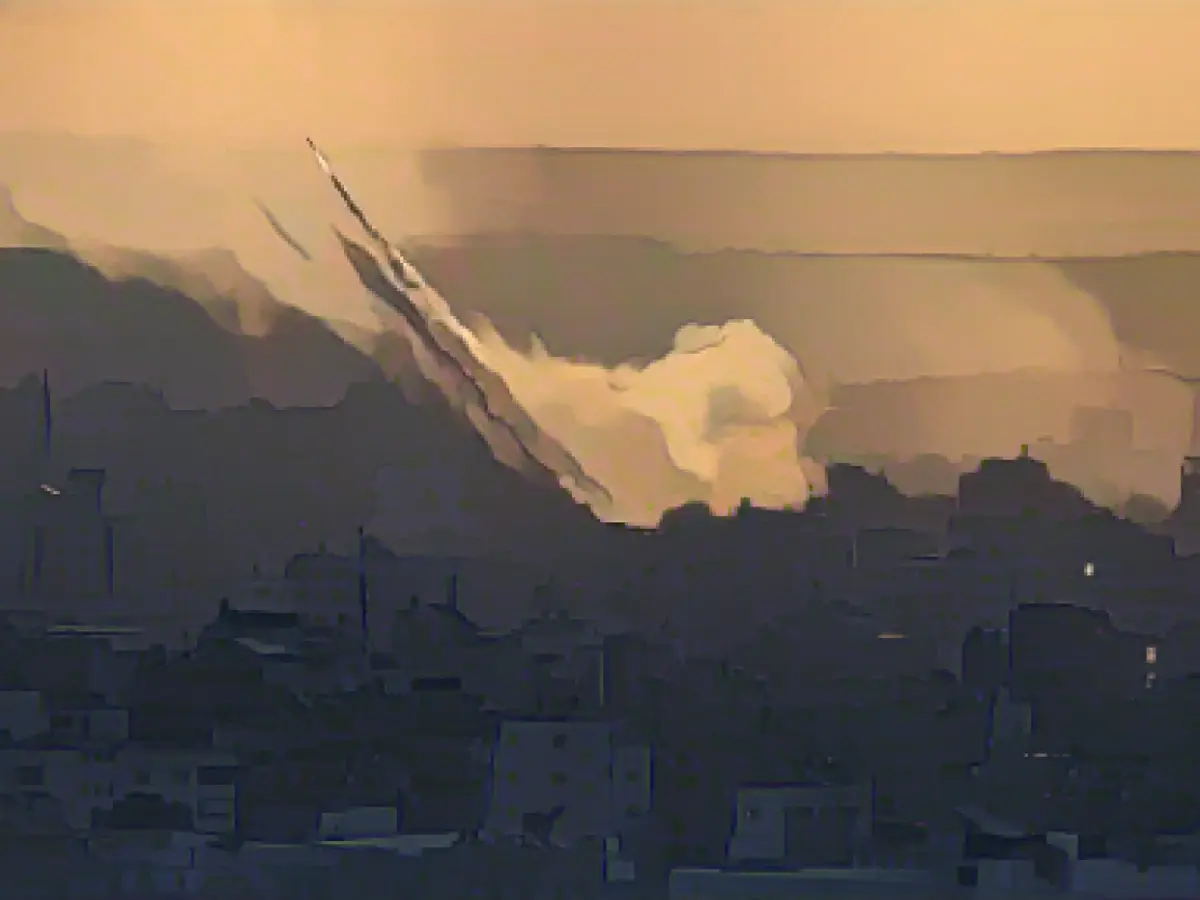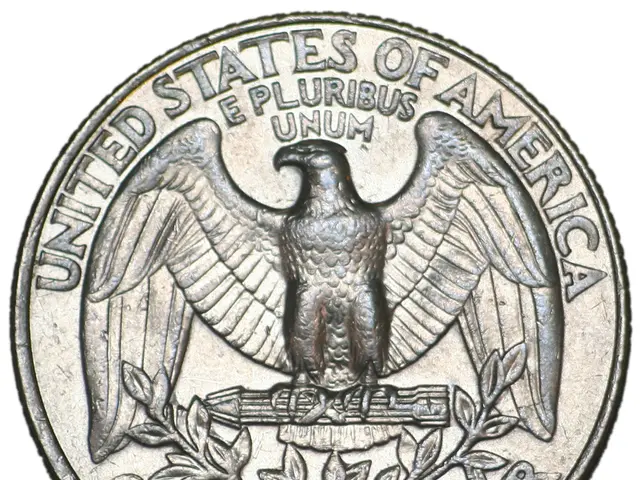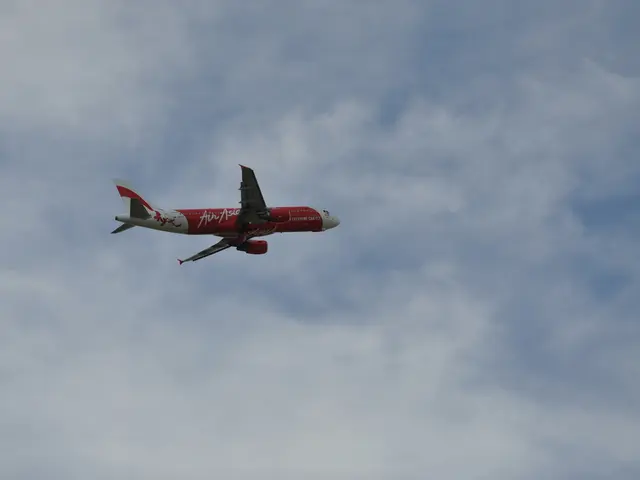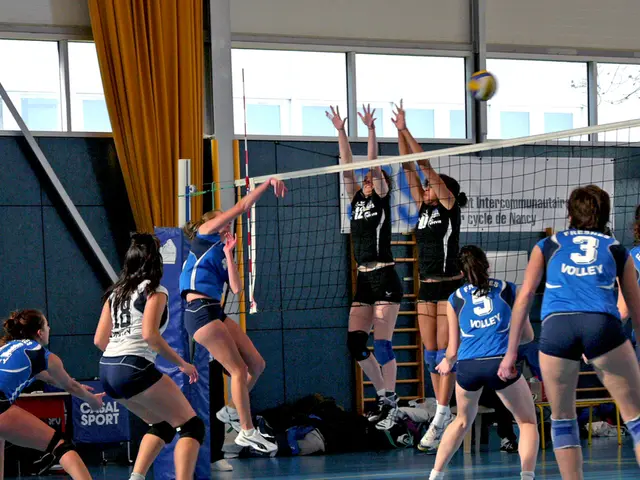Based on the research, it appears that some traders may have had advance knowledge of the October 7th Hamas attacks and positioned themselves to profit from the subsequent chaos. The study found an unusual surge in selling activities in popular funds tied to Israeli companies five days before the attack, surpassing the activity during the Covid-19 pandemic, the 2014 Israel-Gaza conflict, and the 2008 financial crisis.
The study, conducted by law professors from Columbia University and New York University, suggests that informed traders benefited from the tragic events. According to the data, nearly 100% of OTC volume for the MSCI Israel ETF consisted of selling activities on October 2nd, the day before the Hamas attack.
The study's authors pointed out that the trading activity in the days leading up to the attack indicated that some traders anticipated the events. Regulatory bodies, such as the SEC and FINRA, have access to non-public data that could potentially shed light on the market's behavior before the attack.
However, the professors noted that their findings were preliminary and that they couldn't definitively link specific traders to the transactions or identify their information sources. The study also found no corresponding surge in selling activities in US-listed Israeli companies, although some Israeli defense firms benefited from increased demand due to the attacks and the companies' significant international operations.
The research raises concerns about the potential for informed traders to profit from anticipated geopolitical events, which could contribute to market instability. Regulatory bodies may increase monitoring and enforcement efforts during such periods to detect and deter insider trading activities. They may also issue guidance and advisories to remind market participants of their obligations and the risks associated with insider trading.
Sources:








